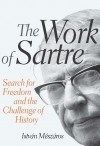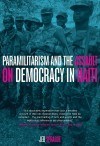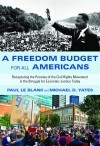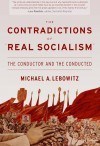
The Work of Sartre reviewed in LSE Review of Books
Although Jean-Paul Sartre was a popular and influential philosopher, he has not become as common a topic for serious scholarship as some of his peers. While Husserl and Heidegger are engines of continental thought, and Merleau-Ponty has a sizable following, Sartre tends to be used in introductory courses more than dissertations. Nonetheless, many philosophers do consider his work important and look forward to new insights about his legacy. The Work of Sartre promises to be such a book. | more…





